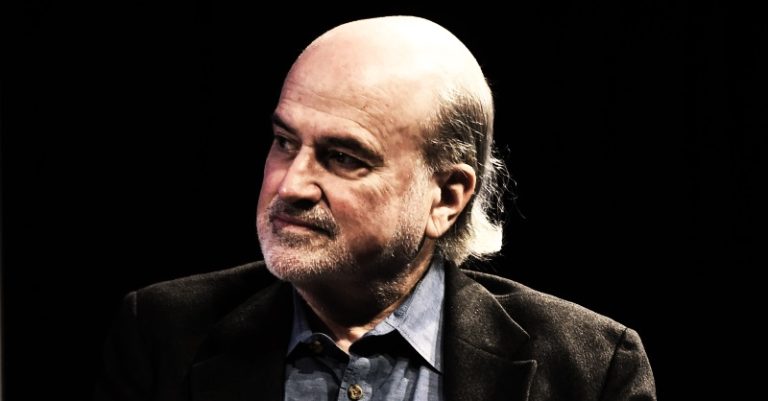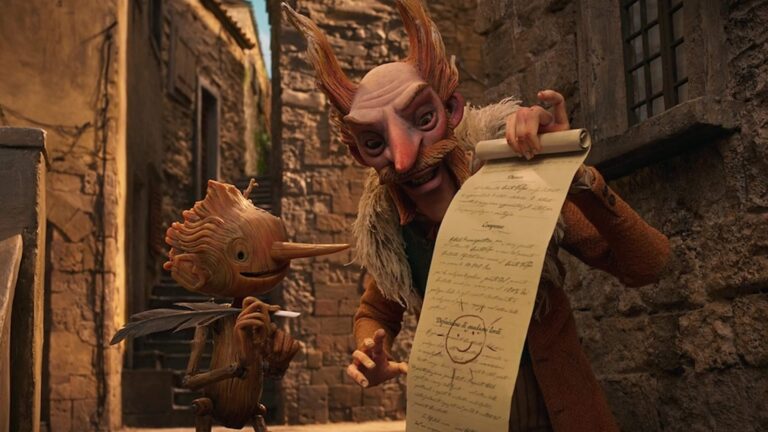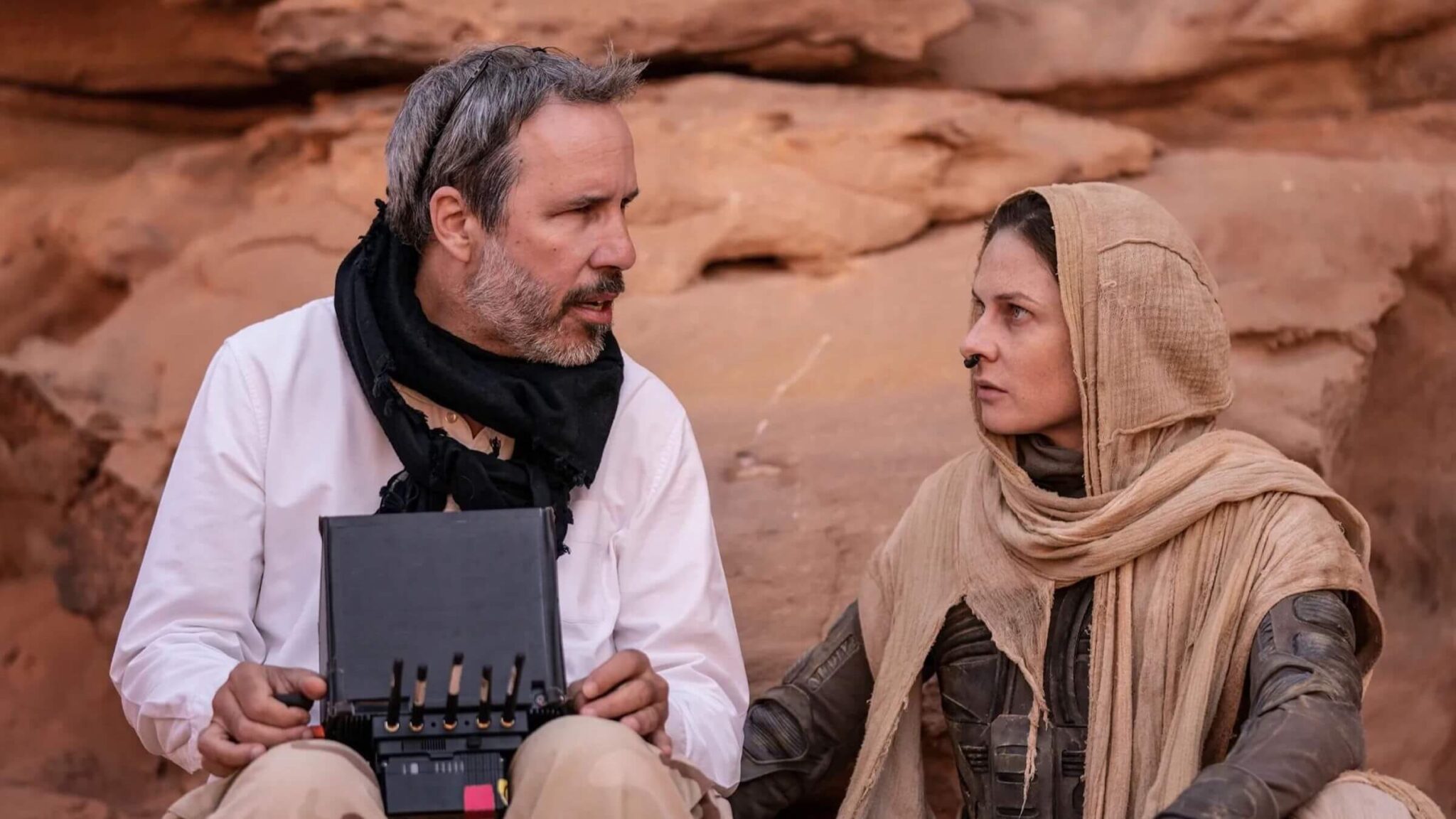
Believe it or not, despite not having given an official print or onscreen interview in almost 40 years, there are nuggets of screenwriting and filmmaking wisdom floating around out there from the brilliant director and screenwriter Terrence Malick.
Rumored to be a recluse, but actually, just one that prefers to keep his personal life private, Malick's career has spanned over four decades, but with just nine feature films produced to date — with a few more in various stages of development.
He made his directorial debut with the 1973 drama Badlands, about a young couple on a crime spree in the 1950s Midwest. An independent film starring Martin Sheen and Sissy Spacek, Badlands was influenced by the crimes of convicted teenage spree killer Charles Starkweather. Malick managed to raise half of the budget by approaching people outside of the industry, including doctors and dentists, as investors. He also contributed $25,000 from his own personal savings, with the rest raised by executive producer Edward R. Pressman. The production was wrought with difficulty. Many crew members quit the film during production. This was primarily due to Malick's unique directing style.
His second film, 1978's Days of Heaven, tells the story of a farm laborer who becomes caught in a love triangle. Malick shot most of the film during the magic hour, with primarily natural light. Much like the Badlands production, Days of Heaven had a long and troubled production, with many crew members quitting before shooting was finished. The post-production phase was even more difficult, with Malick working on the final edit for two years while utilizing unconventional editing tactics and voice-over techniques.
Both of these films are considered to be pinnacle examples of the New Hollywood filmmaking wave that also gave birth to iconic directors like Francis Ford Coppola, George Lucas, Martin Scorsese, Brian De Palma, and Steven Spielberg.
After the debut of Days of Heaven, Malick took a two-decade hiatus, returning to film his third feature, 1998's World War II classic The Thin Red Line. It received an Academy Award nomination for Best Picture.

The historical drama The New World followed in 2005, but it was his 2011 feature The Tree of Life that truly brought him back into the limelight. The experimental drama observes a 1950s Texas family through fragmented visual style and a nonlinear narrative. It's a polarizing film, but now many critics and scholars consider the film a masterpiece. It won the Palme d'Or at the 2011 Cannes Film Festival and was nominated for an Academy Award for Best Picture, Best Director for Malick, and Best Cinematography.
https://youtu.be/WXRYA1dxP_0
Malick then began a flurry of equally experimental projects with the likes of To the Wonder (2012), Knight of Cups (2015), Voyage of Time (2016), and Song to Song (2017).
With the iconic director and screenwriter having not allowed an official interview in almost 40 years, it's difficult to find wisdom that he has shared throughout his career — but we've scoured the internet and found a few gems that have popped up here and there. And if you think he's the cinematic equivalent of Bigfoot, as far as people seeing him in public, keep reading through to the end for some recent sightings.
Until then, here we feature some of Terrence Malick’s greatest quotes on directing, writing, and cinematic storytelling as a whole — followed by our own elaboration.
"Nostalgia is a powerful feeling — it can drown out anything."
Whether it's pop culture or pieces of history from our lives and upbringing, nostalgia can be a powerful tool for screenwriters.
We've seen brilliant pieces of pop culture nostalgia centered around features like Ready Player One and hit series like Stranger Things. The content draws audiences in as they enjoy looking back to those memorable times.
Read ScreenCraft's How to Sell Your TV Series the Stranger Things Way!
The nostalgia can also come from certain time periods and their cinematic depictions. Coming-of-age films have always been cinematic draws. Audiences enjoy looking back to childhood and teenage years —experiences that can often transcend any specific time period. While the story in Stand By Me was set in the 1950s, the coming-of-age aspect of the story was easily equated to those that grew up in the 1960s, 1970s, 1980s, and beyond.
Nostalgia can be a powerful tool to utilize within the backdrop of your stories.
"When people express what is most important to them, it often comes out in cliches. That doesn't make them laughable — it's something tender about them. As though in struggling to reach what's most personal about them they could only come up with what's most public."
Cliches exist for a reason. We as a society often share many personal feelings, perspectives, and experiences — thus it's only natural that when we inject ourselves into our stories, as we should, some of those cinematic interpretations have been seen before. They often appear as tropes — common or overused themes or devices.
The key to outshining those tropes — if you feel the need to — is finding ways to update them. See if there are opportunities to put unique spins of those elements otherwise known as cliches.
"I have trouble working off things that are too preconceived, like storyboards."
This is a common statement from the makers of some of the best cinematic features — be it through screenwriting or the eventual filmmaking.
The paralysis of analysis can often cause a cinematic storyteller to overthink, rather than act on their instincts and live in the moment.
Steven Spielberg, often known to utilize storyboards for big pictures like Raiders of the Lost Ark, decided to do away with storyboards when he directed the masterpiece Saving Private Ryan.

Clint Eastwood did the same for his Spielberg-produced World War II films.

And many major screenwriters have told the tale of writing screenplays with very few development materials — detailed outlines and treatments. Malick is one of them.
Try your best to consider pushing aside all of that analysis you've done and allow your instincts — and the story itself — to have a go at it.
Read ScreenCraft's 3 Ways Screenwriters Can Avoid the Paralysis of Analysis!
"When things become too prepared, the life comes out of it."
Similar to the previous quote, this nugget of wisdom points to the fact that screenwriters need to let the characters and stories come to life on their own. There's nothing more exhilarating than discovering that unplanned piece of character or story element that seemingly comes from nowhere — like magic.
When you over-prepare in your development phase of writing, you often become locked to that preparation — closing doors that may have otherwise opened to reveal what your characters and stories really need.
Focus instead on knowing just the general broad strokes of what you have in mind for the characters and story, all while making sure that you go in with the freedom of discovery.
"There's a good many pictures I'd like to make — we'll see how many I'll be allowed to make."
This points to that fact that in the end, Hollywood is a business. And businesses revolve around money and returns on investments. Even an iconic director and screenwriter like Malick struggles to get things made. It's a harsh reality.
Screenwriters have to remember to stay hopeful but be realistic at the same time. When you stay grounded, you'll better navigate the business end of things and also save yourself from continual heartbreak as a result from head-in-the-clouds fantasy scenarios.
"Perhaps when I have 10 films behind me, I will have something worth saying."
These words coming from one of this generation's most celebrated filmmakers teach us two lessons.
First, be humble.
Second, realize that one script isn't going to catapult you to stardom. Most "overnight successes" are actually the direct result of multiple years and multiple scripts.
It often takes a few scripts before you find your true cinematic voice that will call attention to itself in Hollywood.
"If you try to make things happen, they start to feel presented. They start to feel premeditated."
While Malick has clearly come back to this notion time and time again — in regards to letting your instinct guide you over premeditated preparation — this wisdom can be directly applied to the conceptual phase as well.
When you're trying to choose the next script, don't be too over-analytical. Don't chase trends. Don't write what you think will sell. While your scripts do have to be marketable, they also have to come from a place within you. You need to develop and write scripts that you have a passion for — not that with which others may have a passion to buy. There's a difference.
And now, as promised, here's visual proof that yes, Terrence Malick is real.
Here he is, circa 2017, on the right in Austin as he takes part in a SXSW panel with Richard Linklater and Michael Fassbender.
https://youtu.be/xFBYGqW4ThQ
And no, he's not a shut-in recluse. That's him dancing the night away.
Read ScreenCraft's 25 Rare Cormac McCarthy Quotes On Writing!
Ken Miyamoto has worked in the film industry for nearly two decades, most notably as a studio liaison for Sony Studios and then as a script reader and story analyst for Sony Pictures.
He has many studio meetings under his belt as a produced screenwriter, meeting with the likes of Sony, Dreamworks, Universal, Disney, Warner Brothers, as well as many production and management companies. He has had a previous development deal with Lionsgate, as well as multiple writing assignments, including the produced miniseries Blackout, starring Anne Heche, Sean Patrick Flanery, Billy Zane, James Brolin, Haylie Duff, Brian Bloom, Eric La Salle, and Bruce Boxleitner. Follow Ken on Twitter @KenMovies
For all the latest ScreenCraft news and updates, follow us on Twitter, Facebook, and Instagram.
Tags
Get Our Screenwriting Newsletter!
Get weekly writing inspiration delivered to your inbox - including industry news, popular articles, and more!



























